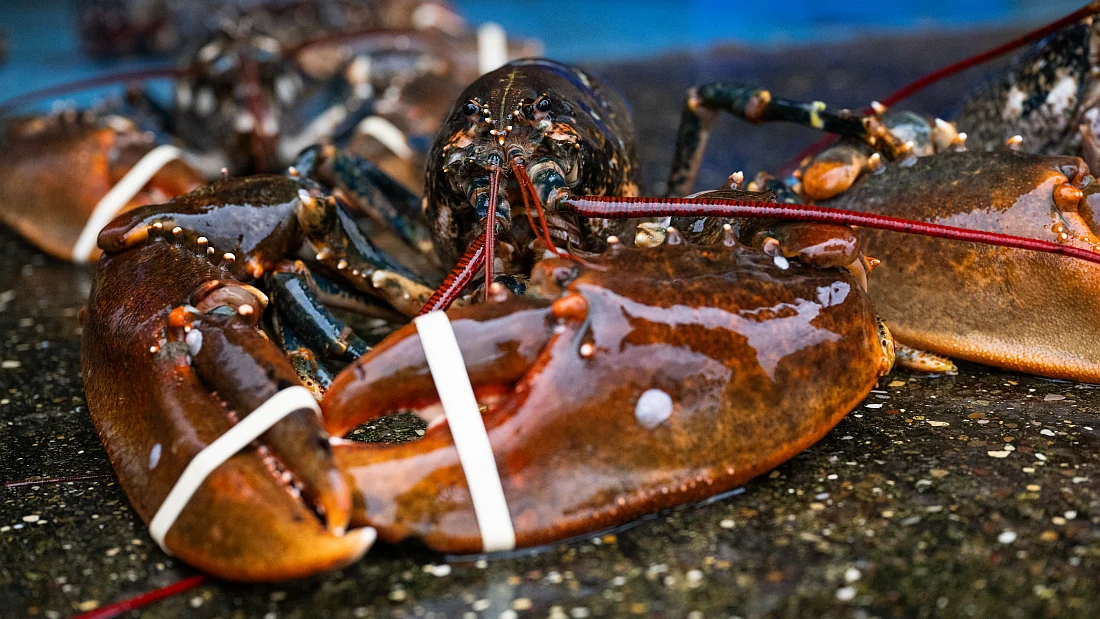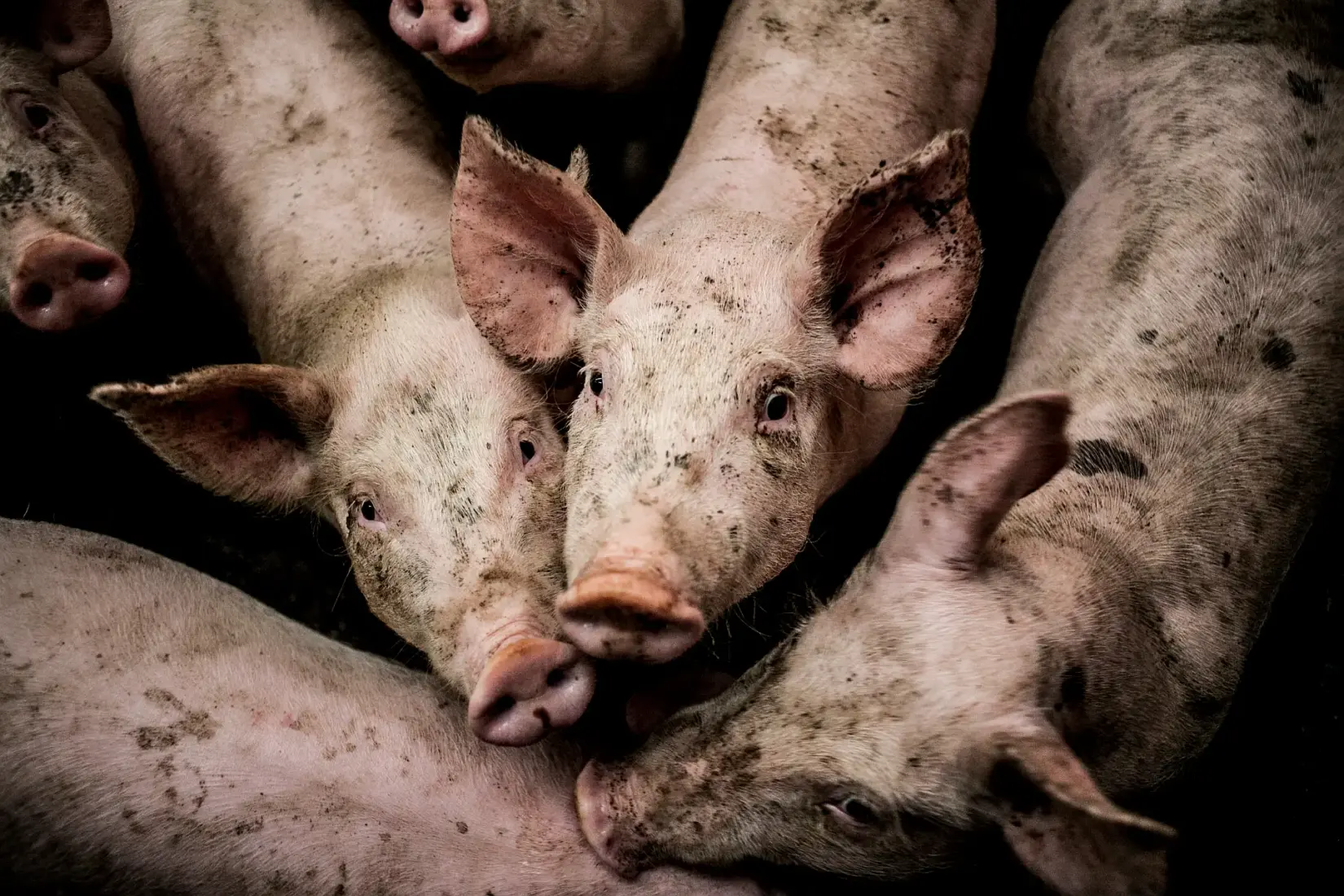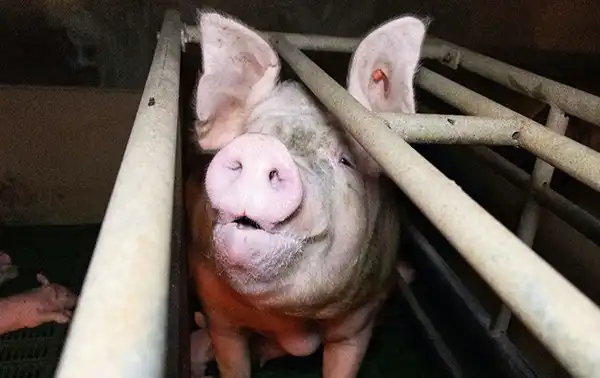If strength, stamina and muscles are your priority then veggie is the way to go
Don’t buy the old chestnut that a world-class athlete can’t get enough protein from a vegetarian diet! Carl Lewis is all the proof you need, the greatest track-and-field athlete ever who won nine Olympic gold medals! A one-time meat eater, Carl’s best year of track competition was the first year he ate a vegan diet.
There’s two parts to the quest for mighty muscles – training and nutrition. You can eat the best veggie diet in the world but if you refuse to get off your backside you’ll never grace the winner’s podium. Likewise, training your butt off and eating rubbish almost guarantees no medals around your neck.
But we have the answer! Take Viva!’s Get Veggie Fit Challenge by following some sound dietary advice (the training bit’s up to you) and see what happens. If you feel a whole lot different (and maybe even look it) send us your before and after stories and pictures and the best of the
bunch may be featured in Viva!life.
Contrary to popular belief, you don’t ‘beef-up’ by eating meat but by using your muscles. Simply joining the gym won’t work – you have to show up! When you do show up, the best diet to fuel muscle-building exercise is a wholegrain, plant-based diet. Popeye knew a thing or two!
Viva! have devised a seven-day meal plan based on more than spinach that provides all the nutrients needed to get your biceps bulging. It provides all the good stuff – complex carbohydrates, antioxidants and fibre – but avoids the bad stuff – saturated animal fats, animal protein and cholesterol. These little beauties are linked to heart disease, diabetes, obesity and some cancers.
Our plan has as its base wholemeal bread and pasta and brown rice which provide slow-release energy and fibre that also protect heart and bowel health. It has more diseasebusting antioxidants (vitamins A, C and E) than you can shake a stick at – important for sportspeople – and provides unsaturated essential fatty acids (EFAs) found in nuts, seeds, beans, avocados and vegetable oils. These include the elusive omega 3 fatty acids that you can supposedly get only from fish! Not so – flax seed oil (linseed), walnuts and some green leafy vegetables are better sources and help you to a healthy heart.
We’ve turned this list of must-haves into a superb selection of delicious recipes for main meals and snacks that also contain all the nutrients you need. Give it a go for a week and you may well pick up a permanent healthy eating habit.
Now the science bit. The plan is based on around 2,600 calories per day – more than the 1,500 calories a car-driving, office worker needs. Of this, between 1,430-1,950 calories should come from carbohydrates, 390-780 from fat and 260-390 from protein.
We didn’t make it up, the figures come from the UN Food and Agriculture Organisation and World Health Organisation who reckon that 55-75 per cent of energy should come from carbohydrates, 15-30 per cent from fat and 10-15 per cent from protein. Don’t worry, there’s no
weighing as the meal plan does it for you and you’ll soon get a feel for the right balance.
Most of the ingredients for the plan can be found in any high street and the recipes aren’t weird or wonderful and include pizza, pasta, curry, soup, salad and Mexican burritos. Here are a few of the main ones.
- Falafels – savoury cakes made from chick peas.
- Nut butters – a brilliant source of protein and essential fatty acids.
- Tahini sesame spread – great source of calciumand protein.
- Omega-3 oils – veggie in origin without a trace of polluted oily fish from over-fished oceans!
- Tofu – a super-food that contains all eight essential amino acids needed for protein building.
- Nutritional yeast flakes – tasty, cheesy tasting,versatile and another good source of protein.
- Fresh fruit and vegetables – and plenty of them.
- Nuts, seeds and dried fruits – for munching through the day to provide protein, good fats, vitamins and minerals.
Your seven-day meal plan is available to read online or you can purchase it from our online shop.




